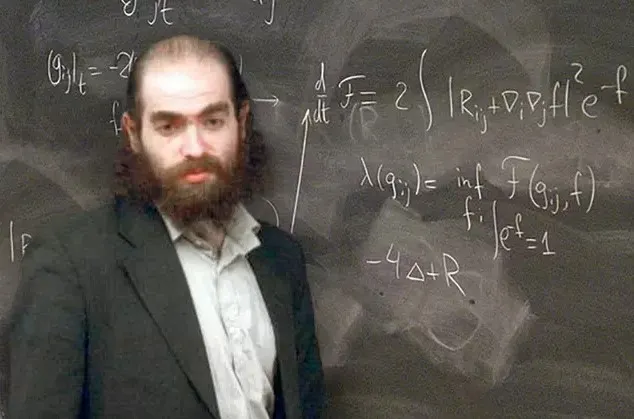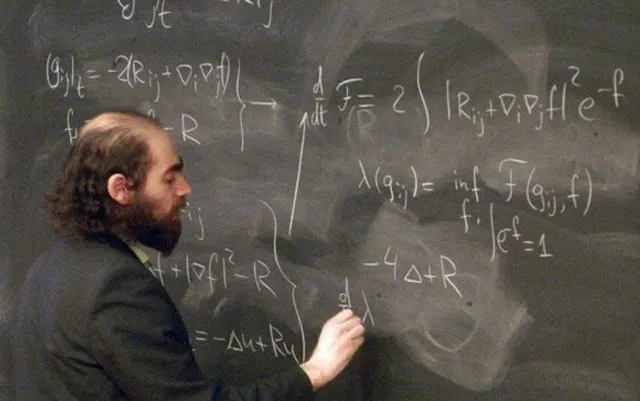A genius mathematician solved a difficult problem but refused a $1 million cash prize, surprising many in the field.
Russian mathematician Grigori Perelman made headlines by turning down a $1 million prize for solving Poincaré’s conjecture.
This problem has puzzled mathematicians for over a century and concerns the nature of three-dimensional spaces.
The origins of Poincaré’s conjecture
The conjecture was first proposed in 1904 by French mathematician Henri Poincaré.
It suggests that a certain type of space appears to be three-dimensional.
This space behaves like a three-dimensional sphere if any loop within it can be continuously tightened to a point.

This concept is complex and relates to topology, which studies the properties of space preserved under continuous transformations.
For nearly 100 years, mathematicians struggled to prove this theorem.
Many experts attempted to crack the problem, but it remained unsolved until Perelman published his groundbreaking paper in 2002.
Perelman published his proof of Poincaré’s conjecture in 2002.
In his paper, Perelman provided a detailed proof of the conjecture.
After he published his work, leading mathematicians from around the world worked to verify that he had indeed solved the problem.
Their validation process took several years, but ultimately, his solution was accepted by the mathematical community.

In 2010, the Clay Mathematics Institute recognized Perelman’s achievement by awarding him a $1 million prize.
This prize was part of a series of awards offered for solving some of the most challenging problems in mathematics.
Mathematical genius refuses $1 million reward after solving century-old conundrum
Despite the significant recognition and monetary reward, Perelman declined the prize.
He expressed dissatisfaction with the way the Clay Mathematics Institute handled the recognition of contributions from other mathematicians.
Specifically, he felt that Richard S. Hamilton, who developed the Ricci flow—a crucial concept used in Perelman’s proof—should have shared in the prize.
Perelman articulated his main reason for refusing the reward as a disagreement with the organized mathematical community.
He stated, “I don’t like their decisions; I consider them unjust.”

This was not the first time the genius had turned down an award.
In 2006, he also declined the prestigious Fields Medal, often regarded as the highest honor in mathematics.
When asked about his refusal, he remarked, “I’m not interested in money or fame; I don’t want to be on display like an animal in a zoo.”
Perelman withdrew from mathematics and sought a different career.
Following his incredible accomplishment and the media attention that came with it, Perelman withdrew from the mathematical community.
He severed ties with his colleagues and chose to live a reclusive life.
“I’m not a hero of mathematics. I’m not even that successful; that is why I don’t want to have everybody looking at me.”

According to Sergei Kisliakov, director of St. Petersburg’s Steklov Mathematics Institute, Perelman left mathematics entirely in 2006, seeking employment in a field unrelated to math.
Kisliakov described Perelman as having “strange moral principles,” suggesting that he feels deeply about what he perceives as injustices in the academic world.
His desire to avoid public recognition and fame set him apart from many other prominent figures in mathematics.